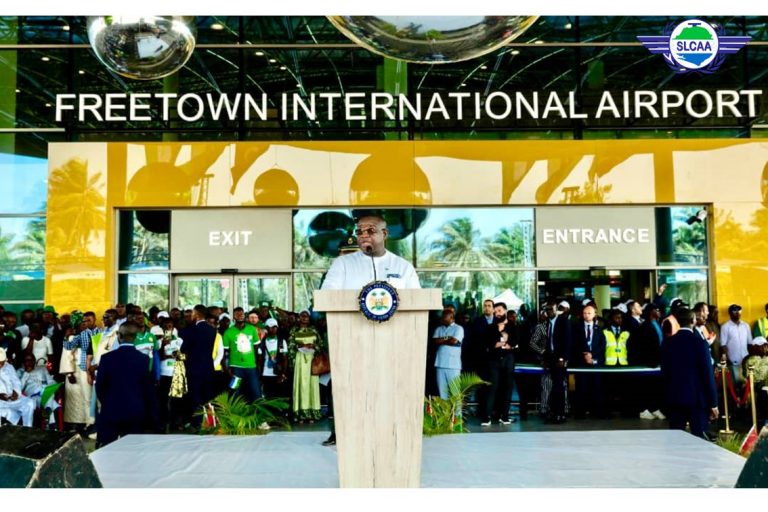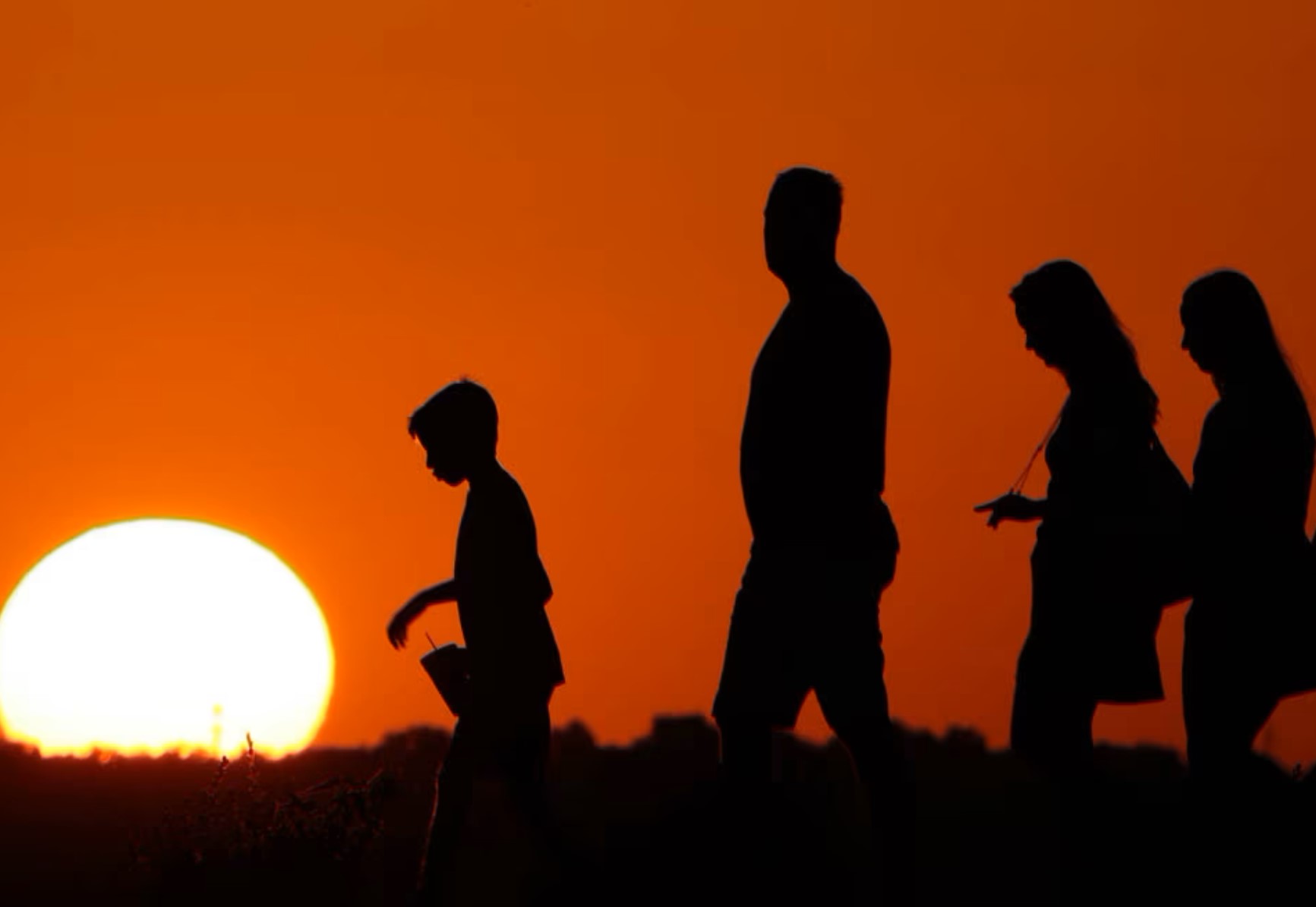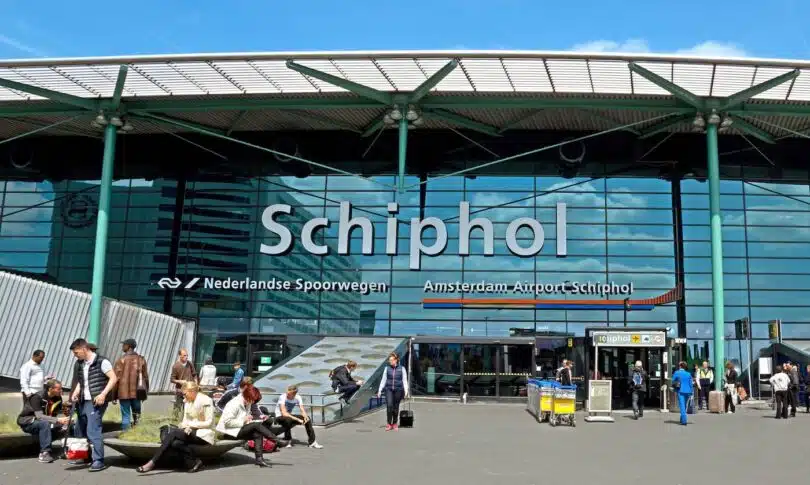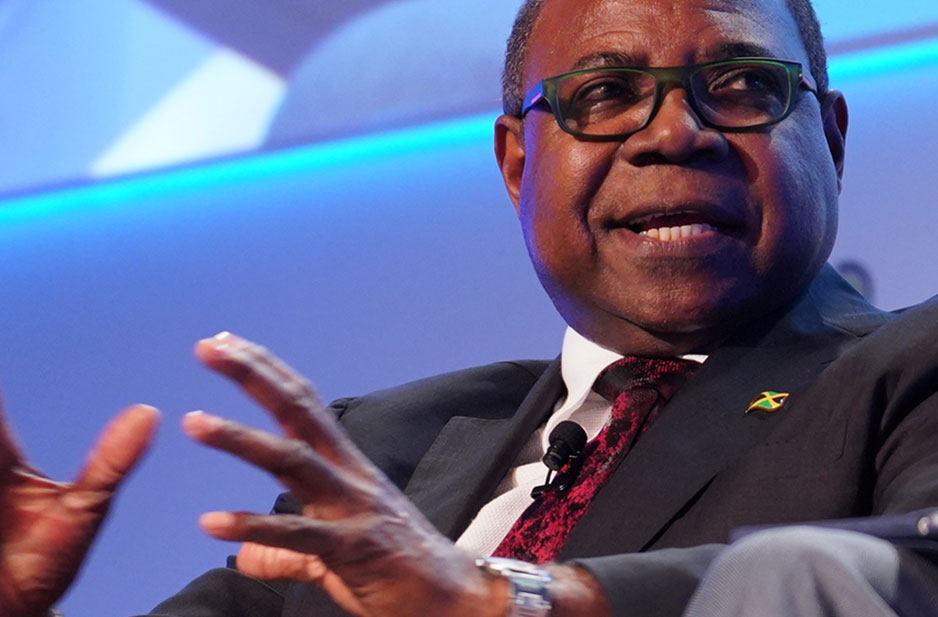Air Traffic Controllers European Unions Coordination (ATCEUC) has been informed about the decision of Kingdom of Spain’s Secretary of State for Transport on the privatisation of the Air Traffic Control Towers of seven major Spanish Airports.
This decision is based on E/CNMC/002/2018 ESTUDIO DE LOS SERVICIOS DE TRÁNSITO AÉREO EN ESPAÑA, a faulty report full of theoretical assumptions about a utopian ATC market that is too far from reality. Also, it is ignoring the fact that the current simultaneous provision of Tower and Approach Control Services by the same ATC Unit (ENAIRE) is more efficient than the proposed separation of these two infrastructural services.
In fact, every ANSP that has segregated TWR and Approach Control units, has experienced at some point the need to increase the number of Air Traffic Controllers for the same levels of services, destroying much desired synergies by the separation of these tasks. Moreover, the two private ANSPs (SAERCO and Skyway, formerly FERRONATS) that serve twelve airports since 2011 have shown clearly that their main target is short-term profit while completely ignoring the need for Social Dialogue and causing a degradation in the working conditions of their Air Traffic Controllers.
This long-lasting situation has led to strikes being held since January. It is clear to ATCEUC that this way of conducting the provision of such a fundamental service only leads to underperformance and social conflict.
This time, the Spanish Ministry of Transport has put on the table a privatisation on a much bigger scale, affecting all principal airports except Madrid and Barcelona. Palma, Málaga, Gran Canaria, Tenerife Sur, Bilbao, Tenerife Norte and Santiago are all business and tourism centres which saw more than 82 million passengers in 2022, thus being vital nodes of the European network.
ATCEUC highlights the risks involved in the transition of these towers to private contractors, considering the development of the latest privatization made in Spain. As a matter of fact, all the experienced ATCOs in the towers were replaced at once with new ones who had no local experience when they stepped in. Most of them did not have any operational ATC experience at all.
ATCEUC strongly opposes such practices, for the sake of safety in the first place, but also for the respect of workers’ rights in accordance with European standards. ATCEUC will seek the involvement of EASA in this matter, as the oversight authority responsible for safety, which is obviously being left out of the priorities of the privatisation.
Length and quality of the training process of the professionals who are applying to work in the newly privatised Towers must be thoroughly analysed and approved according to the highest safety standards. The planned privatisation is overly ambitious because of the complexities of the segregation of the tower and approach services, as well as the sheer scale of the airports involved.
It will make a significantly different picture with potential negative effects, that could spread to the whole European network in the busy summer traffic, hampering the steep recovery from the pandemic. In return for taking these risks, the Spanish Ministry of Transport cites only a potential drop in air travel fares, which has not proved to be true in the past and will not be observed in these seven airports if this endeavour continues.
ATCEUC has also noted the resignation from office of the Secretary of State for Transport due to wrong decisions made in the railway sector, and highlights that the same quality of the decision-making process has been observed in the ATM sector. ATCEUC would like to suggest Spanish authorities to stop all activities in connection with this non-efficient privatisation of the ATM sector and to encourage the successor in the seat of the Secretary of State for the Ministry of Transport to reconsider this decision, taking into consideration all the relevant facts and information and in cooperation with all relevant stakeholders in Aviation.


























